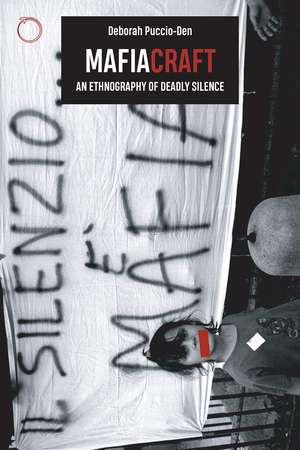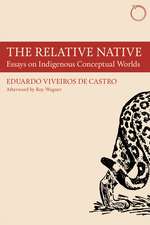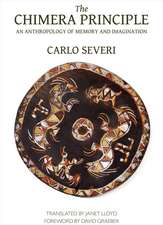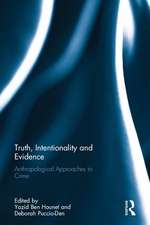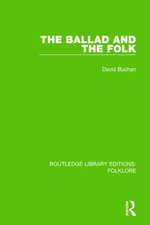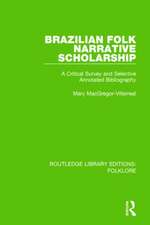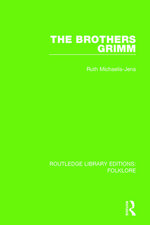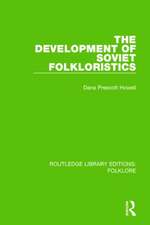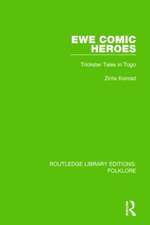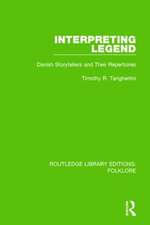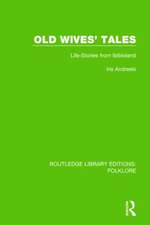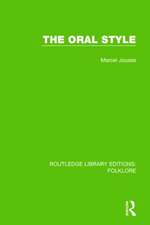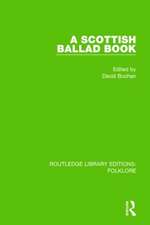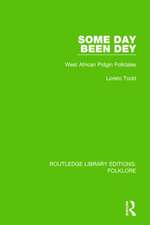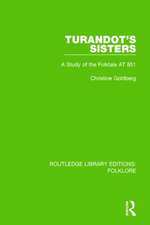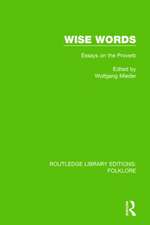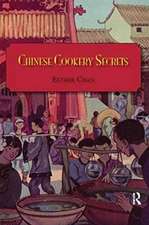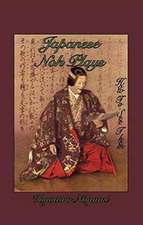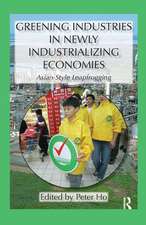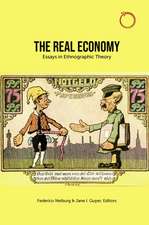Mafiacraft: An Ethnography of Deadly Silence
Autor Deborah Puccio-Denen Limba Engleză Paperback – 9 feb 2022
Preț: 186.85 lei
Nou
Puncte Express: 280
Preț estimativ în valută:
35.76€ • 37.02$ • 30.22£
35.76€ • 37.02$ • 30.22£
Carte disponibilă
Livrare economică 12-26 februarie
Livrare express 29 ianuarie-04 februarie pentru 31.77 lei
Preluare comenzi: 021 569.72.76
Specificații
ISBN-13: 9781912808250
ISBN-10: 1912808250
Pagini: 294
Ilustrații: 11 halftones
Dimensiuni: 152 x 229 x 23 mm
Greutate: 0.57 kg
Ediția:1
Editura: HAU
Colecția HAU
ISBN-10: 1912808250
Pagini: 294
Ilustrații: 11 halftones
Dimensiuni: 152 x 229 x 23 mm
Greutate: 0.57 kg
Ediția:1
Editura: HAU
Colecția HAU
Notă biografică
Deborah Puccio-Den is a political anthropologist and senior researcher at the National Center for Scientific Research in France. Originally from Italy, she has conducted more than twenty years of fieldwork on Mafia in Sicily and lectures on the subject at the Ecole de Hautes Etudes en Sciences Sociales. She is the author of two books in French, Masques et dévoilements and Les théâtres de Maures et Chrétiens.
Cuprins
Preface
Introduction. From witchcraft to “mafiacraft”: Shifting paradigms
Part I. Naming the mafia
Chapter 1. Does the mafia exist?
Chapter 2. The mafia as a plague
Chapter 3. How to photograph something that does not exist?
Chapter 4. Bearing witness
Chapter 5. The unnamable mafia
Part II. Judging the silence
Chapter 6. The Falcone method
Chapter 7. The Buscetta theorem
Chapter 8. The Impastato affair
Chapter 9. The Aiello trial
Chapter 10. The Provenzano code
Conclusion. Invisible things
Introduction. From witchcraft to “mafiacraft”: Shifting paradigms
Part I. Naming the mafia
Chapter 1. Does the mafia exist?
Chapter 2. The mafia as a plague
Chapter 3. How to photograph something that does not exist?
Chapter 4. Bearing witness
Chapter 5. The unnamable mafia
Part II. Judging the silence
Chapter 6. The Falcone method
Chapter 7. The Buscetta theorem
Chapter 8. The Impastato affair
Chapter 9. The Aiello trial
Chapter 10. The Provenzano code
Conclusion. Invisible things
Recenzii
"This book is brimming with ideas and original turns. The author sets out to follow the work (hence Mafia-craft) required to answer the impossible question of what the Mafia is. Her intimate account of anti-Mafia activities helps to bring out the Mafia's everyday realities for Sicilians. Yet Puccio-Den's ambition also reaches out much further. Revisiting the very notion of Mafia as a problem for the knowledge of social realities, she opens up new perspectives for a political anthropology of silence."
"Mafiacraft is an exciting exploration of how the Mafia came to be visualized, objectified, characterized as a kind of network, legally inscribed, prosecuted, and collectively rejected in the social world. Tracing Mafia through the consolidation of anti-Mafia, it follows how a muted group comes to the surface of representation by way of sources ranging from legal prosecution to photography, the emergence of popular religious cults, and the publication of hagiographies."
"Following Mary Douglas, Mafiacraft shows how anti-Mafia activism is a "system for accountability"; unlike witchcraft, it works to render visible the vices and devices of the Mafia in a social body inhabited by silence. This is an excellent contribution to anthropological debates in a variety of recent areas of attention, including the anthropology of Europe and the broader focus on ontology, memory, and the perception of social phenomena as contested fields of action."
